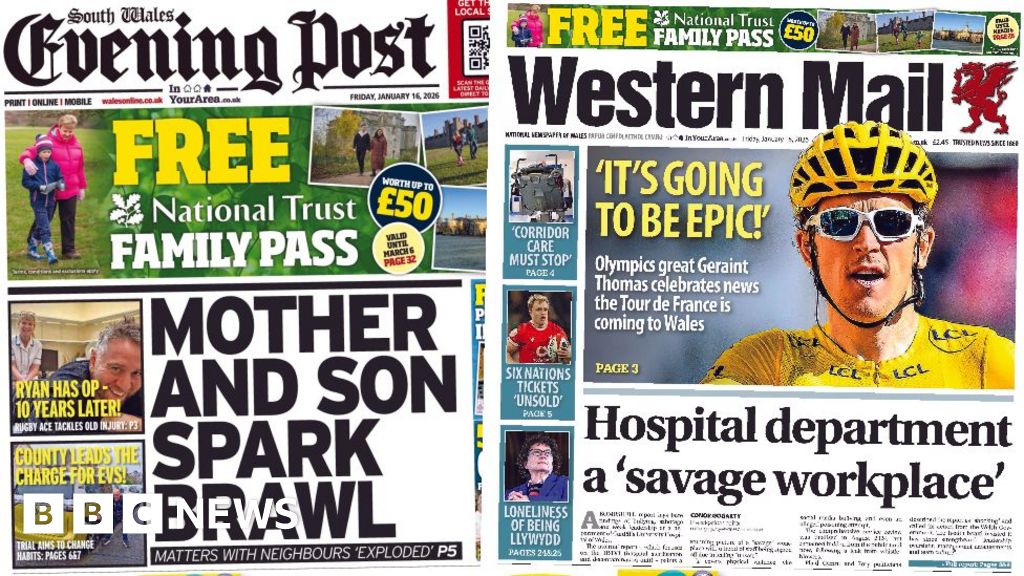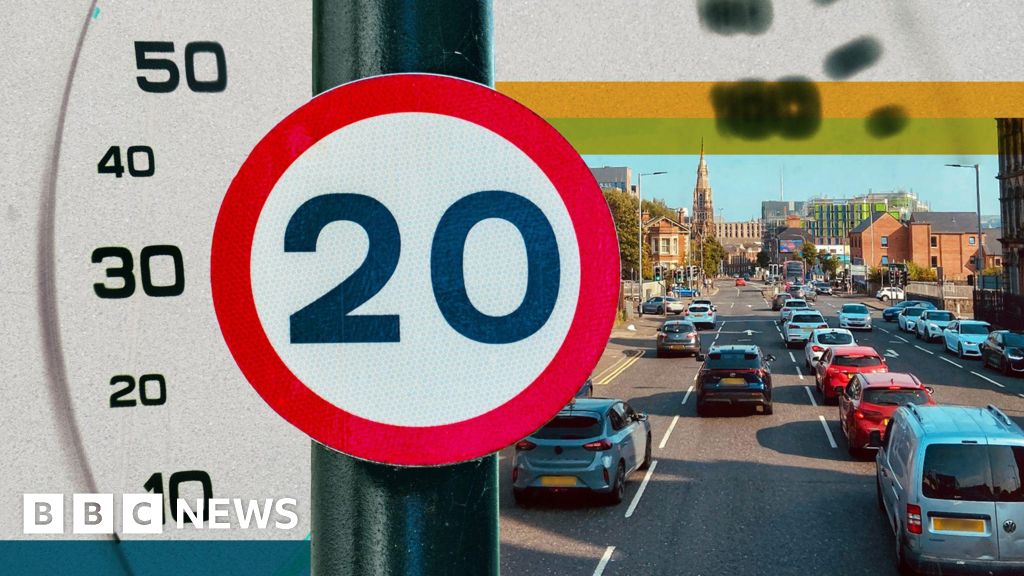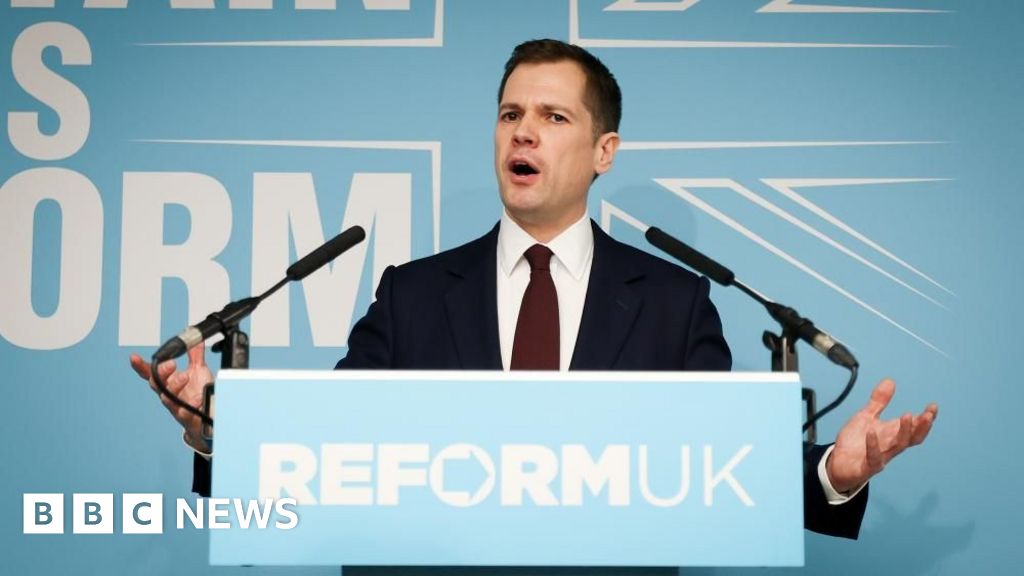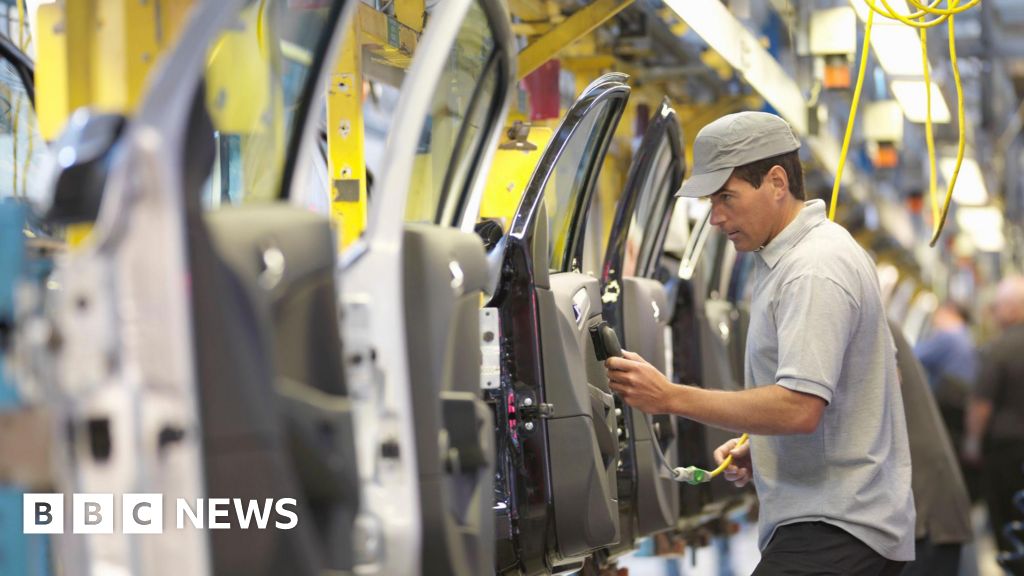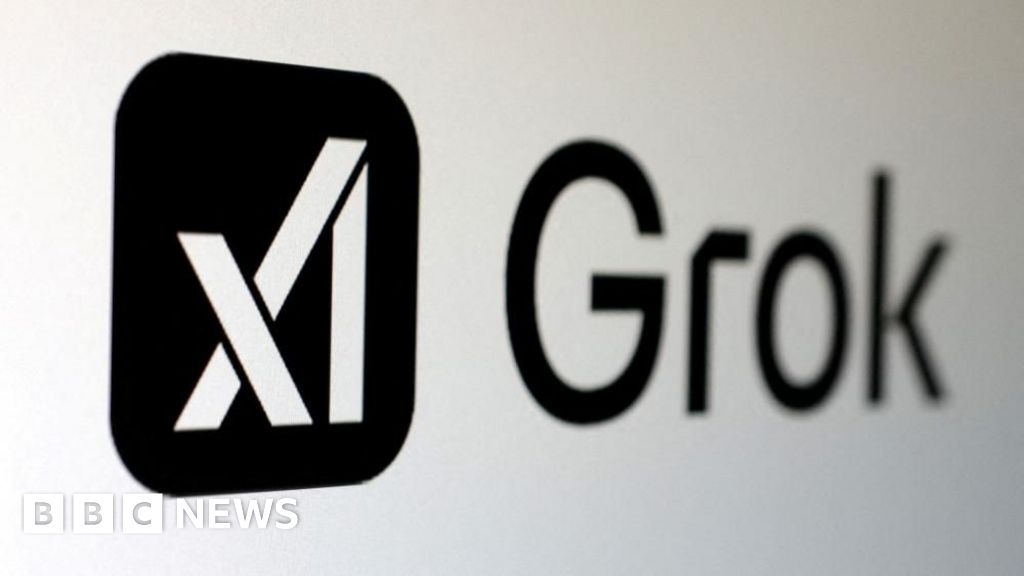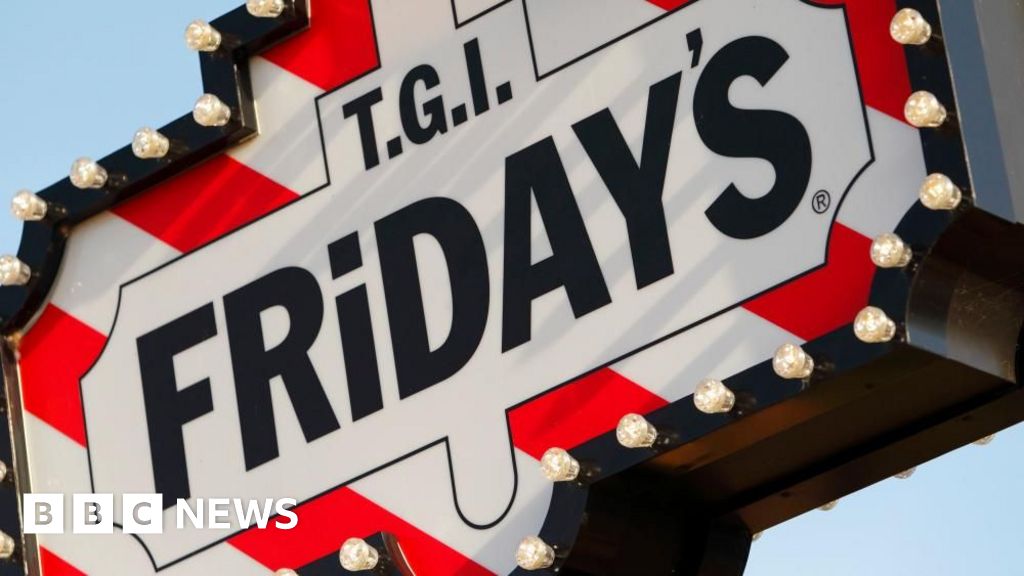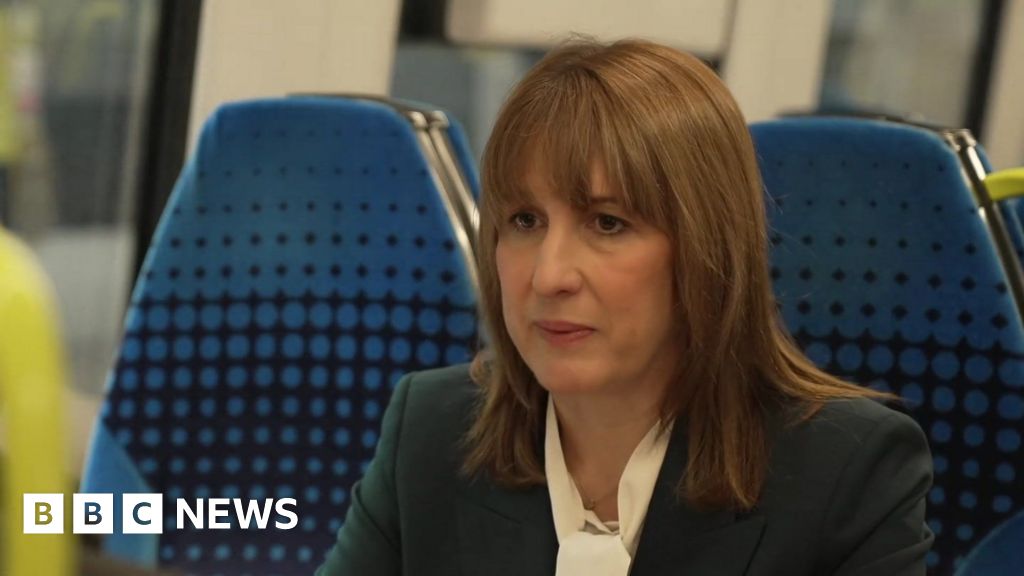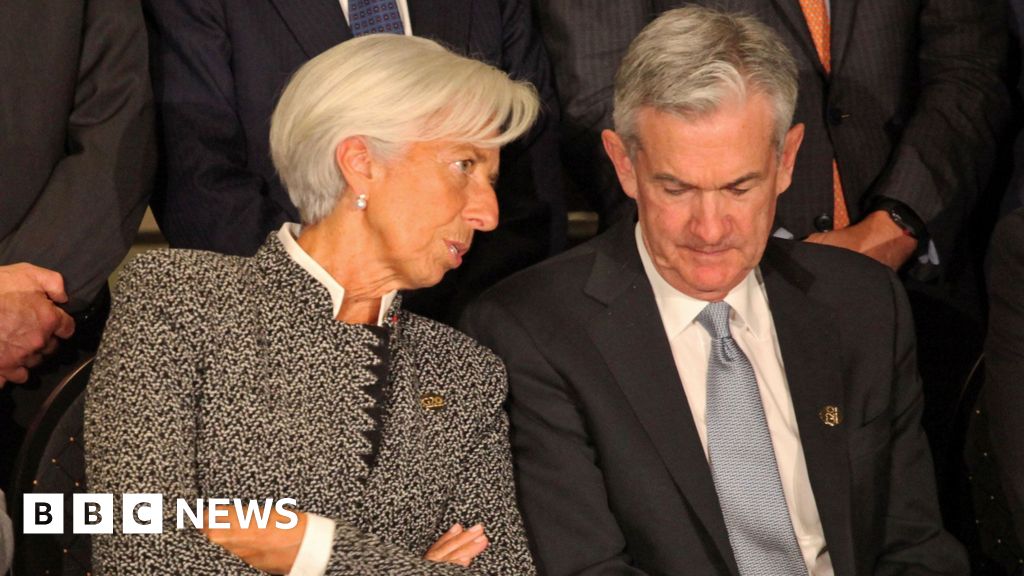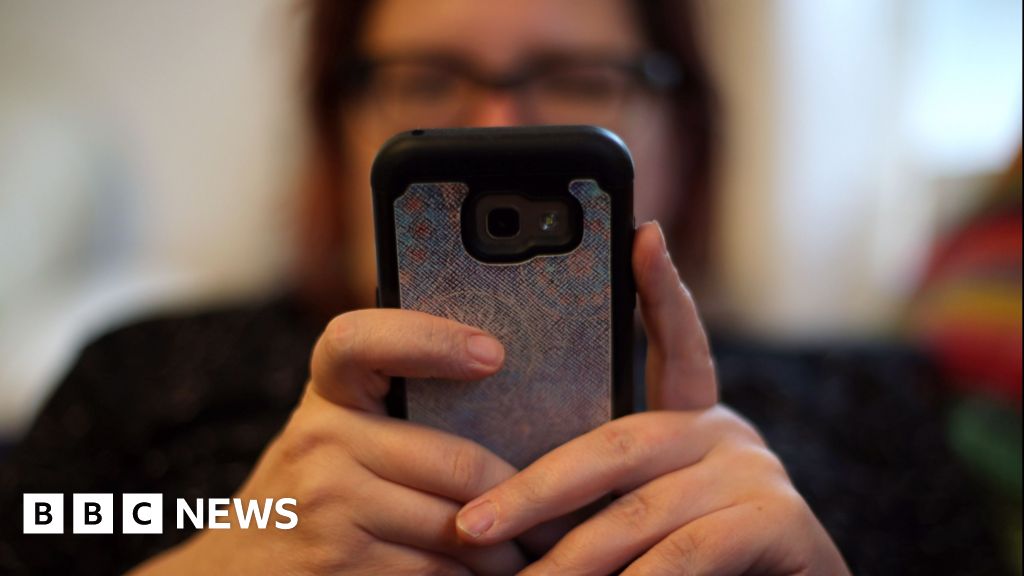Kate WhannelPolitical reporter
Digital ID will be mandatory in order to work in the UK, as part of plans to tackle illegal migration.
Sir Keir Starmer said the new digital ID scheme would make it tougher to work in the UK illegally and offer “countless benefits” to citizens, while his senior minister Darren Jones said it could be the bedrock of the modern state”.
However, opposition parties argued the proposals would not stop people crossing the Channel in small boats.
The prime minister set out his plans in a broader speech to a gathering of world leaders, in which he said it had been “too easy” for people to work illegally in the UK because the centre-left had been “squeamish” about saying things that were “clearly true”.
Addressing the Global Progressive Action Conference in London – attended by politicians including Australian Prime Minister Anthony Albanese and Canadian Prime Minister Mark Carney – Sir Keir said it was time to “look ourselves in the mirror and recognise where we’ve allowed our parties to shy away from people’s concerns”.
“It is not compassionate left-wing politics to rely on labour that exploits foreign workers and undercuts fair wages,” he said.
“The simple fact is that every nation needs to have control over its borders. We do need to know who is in our country.”
In a conversation following the speech, Sir Keir said he wanted the next election to be an “open fight” between Labour and Reform UK.
In response to the prime minister’s speech, Reform UK said the public was “waking up to the fact Starmer is just continuing the Tory legacy of high taxes and mass immigration”.
Despite having only five MPs, Nigel Farage’s Reform UK party has been leading in the opinion polls for several months.
The prime minister suggested facing the challenge of Reform would be a big focus when he addresses party members at the Labour Party conference next week.
Sir Keir’s government has been under pressure to tackle the issue of illegal migration, with more than 50,000 migrants arriving on small boats since Labour came to power.
Announcing his plans for the new digital ID scheme, Sir Keir said: “A secure border and controlled migration are reasonable demands, and this government is listening and delivering.”
“Digital ID is an enormous opportunity for the UK. It will make it tougher to work illegally in this country, making our borders more secure.
“And it will also offer ordinary citizens countless benefits, like being able to prove your identity to access key services swiftly – rather than hunting around for an old utility bill.”
Jones, who is the PM’s chief secretary, said: “If we get this digital ID system working and the public being with us, that will be the bedrock of the modern state and will allow for really quite exciting public service reform in the future.”
The government has said it wants to ensure the scheme works for those who are not able to use a smartphone and will launch a consultation on how the service will be delivered later this year.
The consultation is expected to last three months, with legislation being introduced to Parliament early next year.
There will be no requirement for individuals to carry their ID or be asked to produce it, Downing Street said.
However, digital ID will be mandatory as a means of proving right to work in the UK by the end of the Parliament, expected to be 2029 at the latest.
The new digital ID will be held on people’s phones, in a similar way to contactless payment cards or the NHS app.
It is expected to include a person’s name, date of birth, nationality or residency status and a photo.
The consultation will also consider whether additional information such as an address should be included.
Employers already have to carry out checks on prospective candidates.
Since 2022, they have been able to carry out checks on passport-holding British and Irish citizens.
There is also a Home Office online scheme which can verify the status of a non-British or Irish citizen, whose immigration status is held electronically.
However, it is understood that officials have been exploring whether a digital ID scheme could reduce the use of fake documents and provide a more consistent approach to verifying workers’ identity.
The government said the roll-out would eventually make it simpler to apply for services like driving licenses, childcare and welfare – as well as streamlining access to tax records.
Another Labour prime minister, Sir Tony Blair, tried to introduce compulsory ID cards but the idea was scrapped by the Conservative – Lib Dem coalition in 2010.
However, Sir Keir has recently said he believes the debate has “moved on in the last 20 years… we all carry a lot more digital ID now than we did”.
Labour believes its new proposal has public support, although more than a million people have signed a petition against the idea.
Conservative shadow work and pensions secretary Helen Whately said she could “see the rationale” for ID to make sure people are living in the UK legally but that her party was “opposed to mandatory, compulsory ID cards”.
She told BBC Radio 4’s Today programme the Labour government’s proposals would “make law-abiding people have to jump through more hoops and employers have more red tape, while in the grey economy illegal working will just go on”.
“That’s why it is not an answer to the problem of stopping the boats,” she added.
Liberal Democrat leader Sir Ed Davey said his party would “fight tooth and nail” against the scheme which would “add to our tax bills and bureaucracy, whilst doing next to nothing to tackle channel crossings”.
A Reform UK spokesperson said that government plans were a “cynical ploy to fool voters that something is being done about illegal immigration”.
The SNP-led Scottish government has said it is “opposed to the introduction of any card that is compulsory to have, compulsory to carry or that anyone can demand to see, including that of a digital ID”.
First Minister of Northern Ireland, Michelle O’Neill, called the proposal “ill-thought out” and “an attack on the Good Friday Agreement and on the rights of Irish citizens in the North of Ireland”.
‘Everyone hacks everything’

BBC Newsbeat has been asking young people for their thoughts on the government’s plans.
Emlyn Jenkins, 23, is against digital IDs, describing the plan as “fascistic and horrible”.
“How will people who are homeless be affected if they don’t have access to a smartphone or they don’t have access to consistent internet?” she asked.
Arianwen Fox-James, 20, says she can see some practical benefits but is uncomfortable with the idea of a “centralised hub of all the data”.
“If the government really wanted to deal with people working illegally, they’d make the immigration process easier and they’d make it more accessible for people,” she says.
Amy, 22, says she and her friends would welcome having digital ID on a night out.
“It’s the one thing people do forget,” she says. “But if it’s on your phone, people always have it in their hand.”
But she also worries about data safety. “Every time these things get launched they get hacked,” she says. “Everyone hacks everything.












